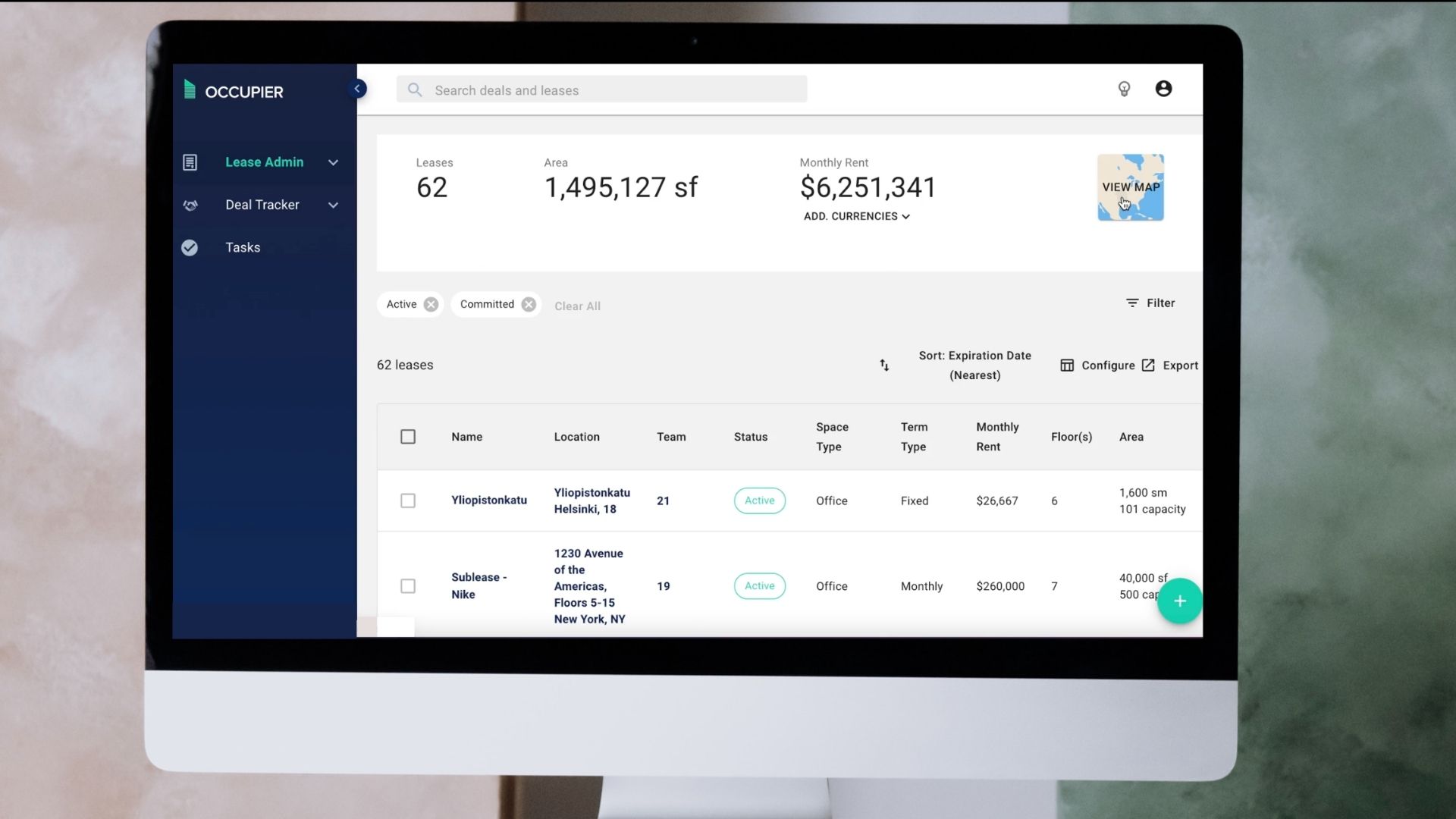What is software automation, and why does it matter to commercial real estate?
Last Updated on February 9, 2023 by Morgan Beard
Software Automation has long been an essential tool in the business world, but why has it taken so long for it to catch on in the real estate industry, specifically on the tenant side? The past decade has seen a flood of new lease management and workflow software solutions to the market, and users are increasingly adopting them to combat the overwhelming workload and time-consuming leasing process. Automation is defined as the reduction of workload using technology such as software. The concept of automation has real estate practitioners both intrigued and weary due to unknown variables. Some of these variables to consider are:
- Accuracy of data housed in disparate and disconnected systems
- Maintaining integrations between systems to connect separate workflows and stakeholders
- Change management within a business to ensure adoption and ultimate ROI
What was once a fear that employees will be replaced by robots and automated systems five years ago, has turned into a benefit for real estate executives and their associates. Tech and real estate startups have innovated the industry through creating solutions that reduce workload and increase accuracy using automation.
How automation impacts the real estate industry and lease management
In the era of COVID-19, real estate teams for both corporate and retail occupiers have been forced to make an unexpected transition to the online world. Many of these groups struggle to make the transition, as some still utilize outdated methods for lease management such as spreadsheets and email folders. This ultimately hampers the effort by companies to understand their portfolios as a whole, and identify opportunities to negotiate rent relief and other concessions. Software automation alleviates this issue by enabling tenants to track costs, clauses, contacts and documents online, and set automatic tasks and reminders. Without automation, real estate executives and brokers require significant support staff to run business logistics such as gathering leasing data and maintaining financial assets. Due to the pandemic’s effect on our economy, hiring employees is not a viable option for many real estate teams and brokerage firms. Automating lease management with software can reduce costs and eliminate error and wasted time. While there is some level of manual labor that is required to maintain a software platform, the benefits of having centralized data and automated workflow far outweigh pre-digital approaches.
Automation and Occupier
Occupier is an example of a software platform that enables collaboration and better decision-making based on a single source of truth for real estate data. By involving all stakeholders internal and external to the business, Occupier automates the key workflows of Lease Administration, Lease Accounting (FASB ASC 842 compliance), and Transaction Management. In most businesses today, these functions are typically managed by separate teams using separate systems. For example, a tenant representation broker might report to a client using spreadsheets and email, while the real estate team maintains a separate system or spreadsheet for lease management. At the same time, it is likely that the finance team, reporting to the CFO, also maintains a separate system for lease accounting. These workflow silos create confusion, lead to errors in rental payments, poor deal decisions and lost opportunity. Ultimately the business suffers due to mismanagement of real estate, typically its second largest expense.
Check out our Lease Accounting Resource Hub for additional guidance.
